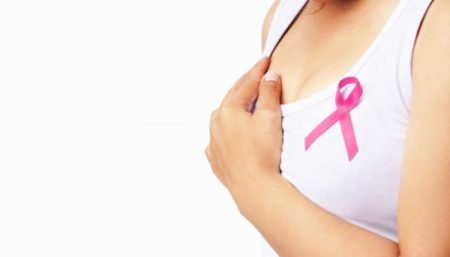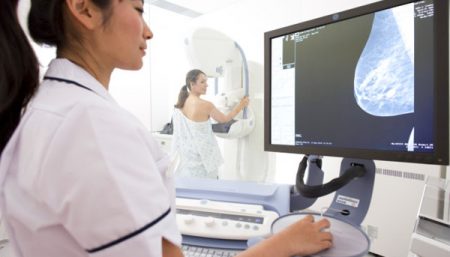Breast cancer is the most common cancer among women in the United There are a number of factors increase a woman’s risk for breast cancer, including age, family history, or inherited changes in the BRCA1 and BRCA2 genes.
1. Shannen Doherty, Actress
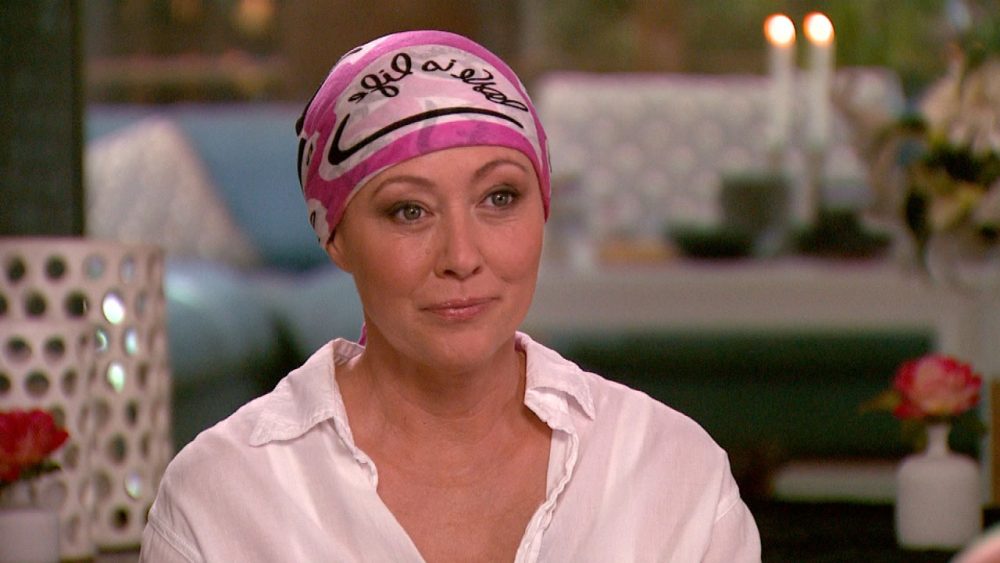
The 90210 star revealed she was diagnosed in early 2015 with the potentially-fatal disease and publicly shared every step of her journey with fans, from chemotherapy, mastectomy and even shaving her head. She underwent chemotherapy and radiation after one of her surgeries determined that the cancer had spread to her lymph nodes, indicating a stage 2 or 3 cancer. For women with breast cancer at stage 2, the five-year relative survival rate is 93 percent and for those with stage 3, the rate is 72 percent, according to the American Cancer Society. In late April Shannen triumphantly declared her test results came back clear and she was in remission, but acknowledged that her fight wasn’t over just yet. In an emotional post: she wrote ‘As every single one of my fellow cancer family knows, the next five years is crucial. Reoccurrences happen all the time.’
2. Julia Louis-Dreyfus, Comedian & celebrity
It was heartbreaking to learn that the actress was diagnosed with breast cancer, but the way she decided to reveal her diagnosis to the world was nothing short of amazing. She took to social media to announce her diagnosis, posting a note to her Instagram account stating, “1 in 8 women get breast cancer. Today I’m the one.” The health news came just 11 days after Louis-Dreyfus made Emmy Awards history in Los Angeles earlier this month with her sixth Outstanding Lead Actress in a Comedy Series win for Veep, becoming the star with the most wins for the same role. In April 2017, after surgery, radiation, and chemotherapy, Doherty, 45, announced on Instagram that her cancer is in remission.
3. Rita Wilson, Actress
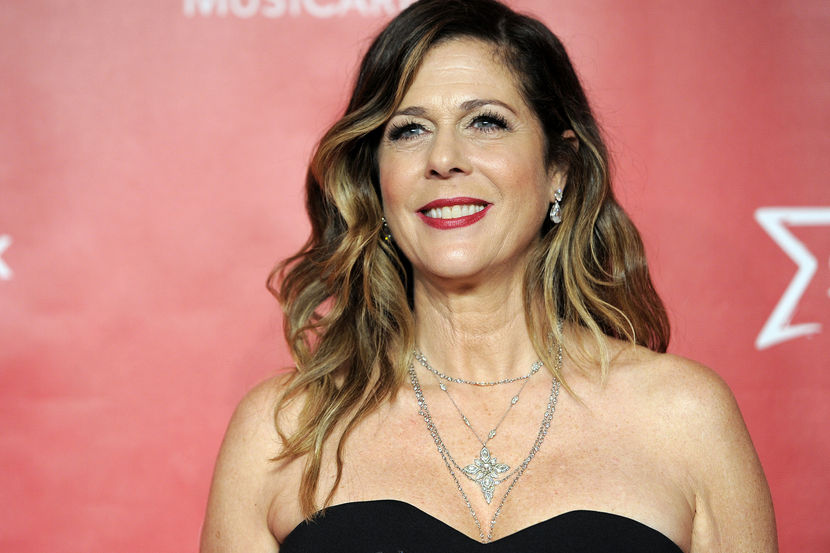
She told People magazine in April 2015 that she had had a double mastectomy following a diagnosis of invasive lobular carcinoma. The 60-year-old, who is married to actor Tom Hanks, had been monitored for lobular carcinoma in situ (LCIS) for some time. Once you have breast cancer, if you do a mastectomy the recurrence rate in the skin or muscle or armpit lymph nodes is about 4 to 6 percent. That number can be cut in half by taking an anti-estrogen pill, but it requires some monitoring. If you think about it, every woman walking has a 12.5 percent chance of breast cancer. And so the recurrence after mastectomy is less than a third of everyone else of getting their first cancer.
4. Anastacia, Pop Star
She has fought off breast cancer twice and in 2013 had a double mastectomy. She said in an inspiring statement during Breast Cancer Awareness Month 2013: “l was diagnosed with breast cancer for the second time earlier this year and am currently in the final stages of recovery after undergoing a double mastectomy. “It has been an intense journey but l am feeling great and ready to start the next chapter. “Breast Cancer Awareness Month gives all who are facing this disease a chance to gain strength and support from each other. “Early detection has saved my life twice. I will continue to battle and lend my voice in anyway I can.” “The doctors removed the breast tissue, severed my lateral muscles and then rebuilt my breasts with temporary expander-type things so the skin starts to expand for the reconstruction.”
5. Angelina Jolie, Actress
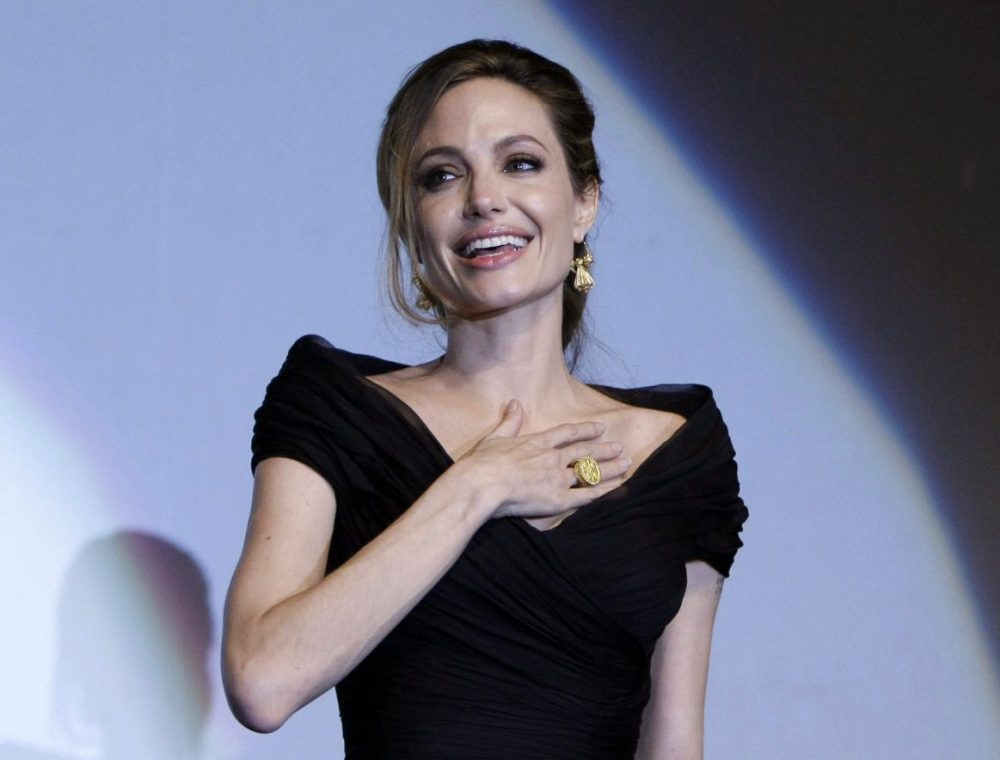
In early 2013, Jolie announced her decision to have the preventive surgery to have both breasts removed due to her elevated genetic risk for breast cancer. Researchers sought to determine the impact of that news by analyzing 2004-2014 data on risk-reducing mastectomy in New York State and New South Wales in Australia. On Sept. 25, 2017, Actress Angelina Jolie’s decision to undergo breast removal to reduce her risk of breast cancer has led other women to do so.
Experts at the Centers for Disease Control and Prevention report that around 1.3 million people are diagnosed with breast cancer worldwide each year. The National Cancer Institute recommends getting a genetic test if close relatives have had breast or ovarian cancer.
Go in for regular breast examination in your 30’s.
Disclaimer
The Content is not intended to be a substitute for professional medical advice, diagnosis, or treatment. Always seek the advice of your physician or other qualified health provider with any questions you may have regarding a medical condition.
